February 5, 2025 | 19:46 GMT +7
February 5, 2025 | 19:46 GMT +7
Hotline: 0913.378.918
February 5, 2025 | 19:46 GMT +7
Hotline: 0913.378.918
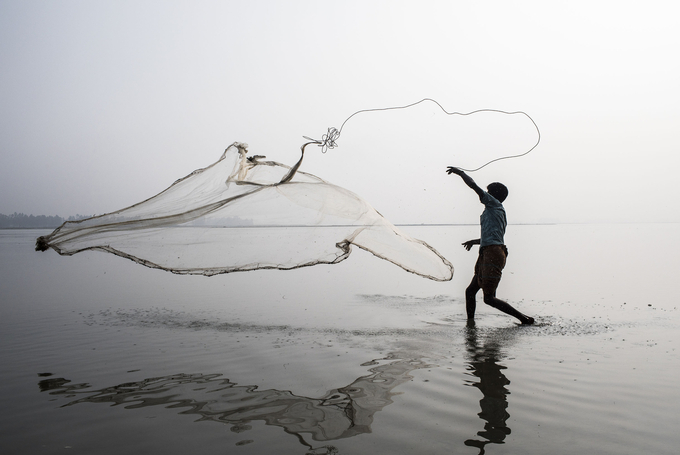
A fisher at work in the River Tista in Panjarbhanga, Bangladesh.
From bees to earthworms, from coral reefs to rain forests - biodiversity helps to ensure our food diversity and must be key to transforming our food production systems, the Food and Agriculture Organization of the United Nations underlined today. As it marked International Day for Biological Diversity, FAO launched its updated action plan for Mainstreaming Biodiversity Across Agricultural Sectors and prepared to embark on several new biodiversity-related initiatives.
“Biodiversity is the potential of food diversity in the future,” FAO Director-General QU Dongyu said in a video message for UN celebrations of the day. Qu said biodiversity: “is what we farm, catch, harvest and cultivate. It is what supports our food networks from pollinators to micro-organisms in our soils. It is what prospers livelihoods of farmers, forest managers and dwellers, fishers, livestock keepers and pastoralists across the world.”
The theme of this year’s International Day for Biodiversity is “Be Part of the Plan” - a rallying call to the public and diverse actors to support the implementation of the Kunming-Montreal Global Biodiversity Framework, endorsed in December 2022, and also known as The Biodiversity Plan. FAO is an integral part of this plan, as agrifood systems are a powerful channel for readily available and scalable solutions to conserving, restoring and sustainably using biodiversity.
Mainstreaming biodiversity
By advocating for sustainable agricultural practices that safeguard biodiversity and enhance ecosystem resilience, FAO is helping to reduce a key driver of biodiversity loss and protecting vulnerable rural communities. By partnering with governments, civil society and the private sector, FAO is helping mainstream biodiversity across the food and agricultural sectors, across policies and programmes.
In concrete terms, this can mean anything from working to restore coastal mangrove forests which host a rich variety of fish species to supporting farming systems which help to preserve biodiversity for food and agriculture in a way that improves people’s nutrition and benefits the environment.
Action Plan launched
FAO this week launched its 2024–27 Action Plan for the Implementation of the FAO Strategy on Mainstreaming Biodiversity Across Agricultural Sectors. The plan supersedes an earlier 2021-2023 document. It has been further streamlined better to serve the strategy’s aims to reduce the negative impacts of agricultural practices on biodiversity, to promote sustainable agricultural practices and to conserve, enhance, preserve and restore biodiversity as a whole.
The action plan sets out a wide range of deliverables including support for countries in the implementation and monitoring of the Kunming-Montreal Global Biodiversity Framework (Biodiversity Plan).
The new FAO Action Plan fully aligns with the Biodiversity Plan and includes FAO’s Biodiversity Knowledge Hub, providing a ‘one-stop shop’ to facilitate access to knowledge on biodiversity for food and agriculture. It compiles over 350 tools, guidelines and other resources on biodiversity developed by FAO that can be searched and filtered, including by targets of the Biodiversity Plan.
Meanwhile, earlier this month, three project concepts in the Democratic Republic of Congo, Palau, and Samoa became the first FAO-led submissions to be approved under the Global Environment Facility’s Global Biodiversity Framework Fund.
The new fund was launched in August 2023 and mobilizes investment for countries – especially Small Island Developing States and Least Developed Countries – to achieve the targets of the Biodiversity Plan.
Once fully designed and implemented, the three projects will direct over $7.8 million and leverage $14.2 million in co-financing to achieve targets of the Biodiversity Plan.
All three projects will support Indigenous Peoples to conserve and use sustainably biodiversity and strengthen their stewardship of natural resources.
According for FAO’s State of Food Security and Nutrition i the World, the world has up to 783 million people suffering from chronic hunger; a quarter of our children under the age of five are stunted; a third of the global population is malnourished; and obesity affects one in eight people on the planet. Conserving, using sustainably and restoring biodiversity, while mitigating the uncertainties associated with climate change has never been so important for food security and nutrition.
(FAO)
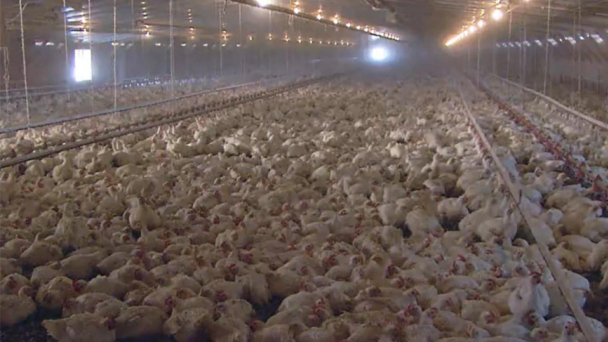
(VAN) There are seven generations of Corwins in the Aquebogue, Long Island, town cemetery.

(VAN) Agricultural experts warned that the existing farm labor shortage, when combined with a possible 25 percent tariff on Mexican and Canadian imports threatened by the Trump administration, could drive up food prices nationwide.
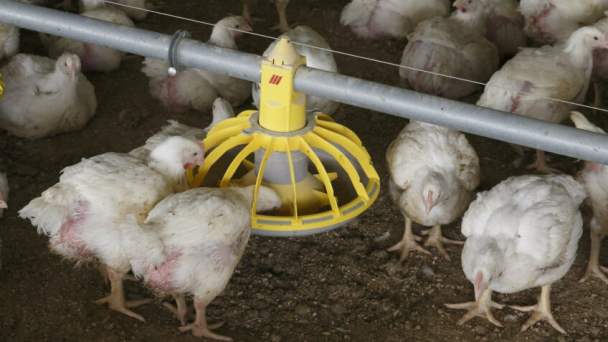
(VAN) The South African Poultry Association (SAPA) says that it remains optimistic about 2025 amid ongoing challenges uncertainties, with highly pathogenic avian influenza remaining the most pressing concern.

(VAN) Averting a tragic mismatch between global food supply and demand requires moonshot ideas.
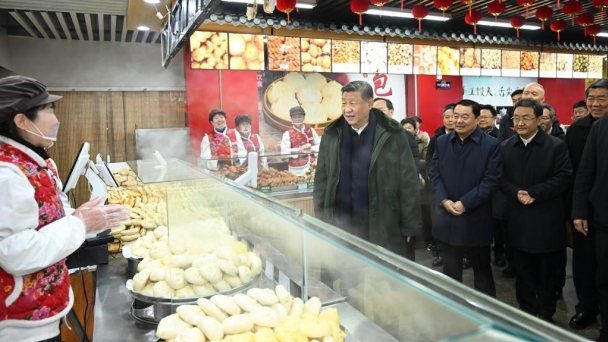
(VAN) Xi Jinping, general secretary of the Communist Party of China Central Committee, visited a food market in Shenyang, capital city of Northeast China's Liaoning province.
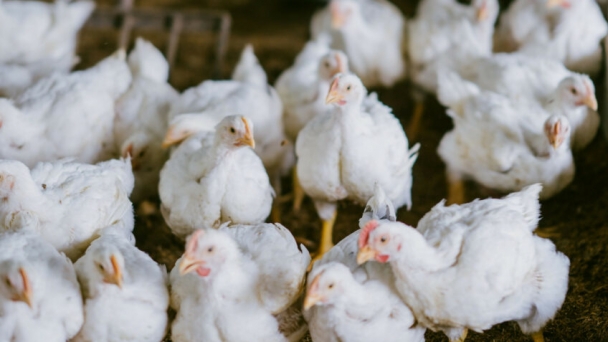
(VAN) The inability of poultry breeding companies to prevent chicks from being infected with a bacteria is forcing producers to turn to antibiotics at an early stage.

(VAN) The World Bank’s agricultural prices index gained momentum in the second half of 2024, propelled by record-breaking price increases in beverages.